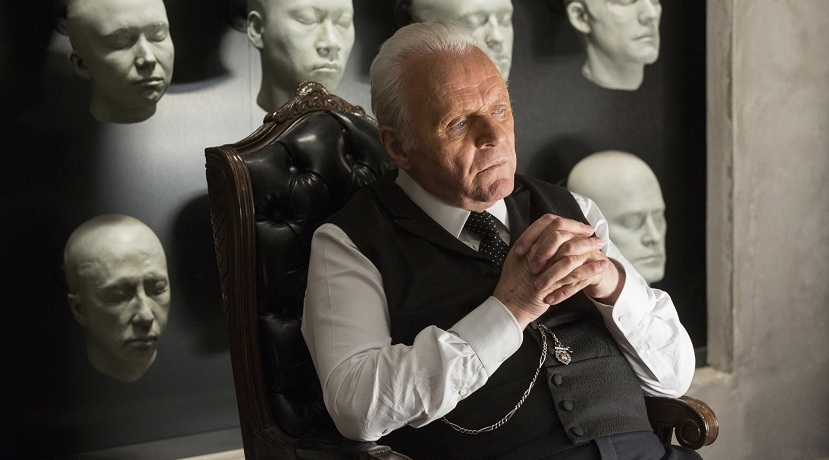HSE MIEM Student on Internship at CERN
Elena Orlova, a fourth year student in Applied Mathematics at MIEM, took part in a summer school at CERN (European Organization for Nuclear Research, Geneva, Switzerland). As part of the GeantV Software Developer Team, she relied on machine learning to model the transition of elementary particles through matter.
Available and Involved. How Fatherhood Changes in Russia
A new understanding of masculinity creates more opportunities for both parents: the husband can find self-actualisation both at work and in the family, while the wife can have a career alongside rearing children.

Revival of Old Capital
In their article '"Nomadic" Toponymy: Urban Transport System as Driving Force of Moscow Toponyms', HSE scholars look at how the Moscow Metro shapes the local mentality and keeps the city’s history alive.
HSE Graduates Win National Research Competition
Work by graduates of the HSE undergraduate programme in sociology took first place at the Russian national undergraduate and graduate student academic research competition in the social sciences category. In addition, research by a graduate of the HSE St. Petersburg won an audience’s choice award.
Academic Performance Shapes Student Social Networks
Based on data from the VKontakte social network, researchers have found a relationship between students' academic performance and their closest social environment.

HSE and China’s National Institute of Education Sciences Launch Joint Education Project
Russian and Chinese researchers will join forces to study the two countries’ education systems and develop possible strategies for their further modernisation over the period to 2030, in a new joint project set to run for a decade.

Artificial Intelligence Society
Cultural Evolution, a new book by Ronald Inglehart, American sociologist, professor at the University of Michigan and academic supervisor of the HSE Laboratory for Comparative Social Research, is currently being prepared for publication in Russia. Russian readers will be the first to read the prominent scholar's book, as its Russian translation will come out before the American original. The Russian translation of the book has been prepared by the Liberal Mission Foundation and the LCSR.
Researchers Learn More about Maximizing Brain Use
Neuroscientists from Higher School of Economics and Charité University Clinic in Berlin have come up with a new multivariate method for predicting behavioural response to a stimulus using information about the phase of preceding neuronal oscillations recorded with EEG. The method may eventually find practical application in fields such as competitive sports, education and patient treatment. The study's findings are published in the paper ‘On optimal spatial filtering for the detection of phase coupling in multivariate neural recordings’.
HSE Students Develop Programmes to Help Treat Immune System Disorders
Rudolf Laiko and Sophia Tolstoukhova have applied deep learning methods to solving immunological issues that could contribute to the further development of personalized medicine. The results of their research were presented at the International Conference ISMB/ECCB 2017 focused on the application of intelligent systems in molecular biology.
HSE Offers Psychometric Analysis of Online Courses
The HSE Centre for Psychometrics in eLearning is currently developing techniques, tools, and automated services for psychometric analysis of online courses as part of the project ‘Modern Digital Educational Environment in the Russian Federation’. In this respect, HSE was the winner of a competition held by the Russian Ministry of Education and will receive a grant for developing analytical approaches for e-learning.


Registration is open until April 1, 2025